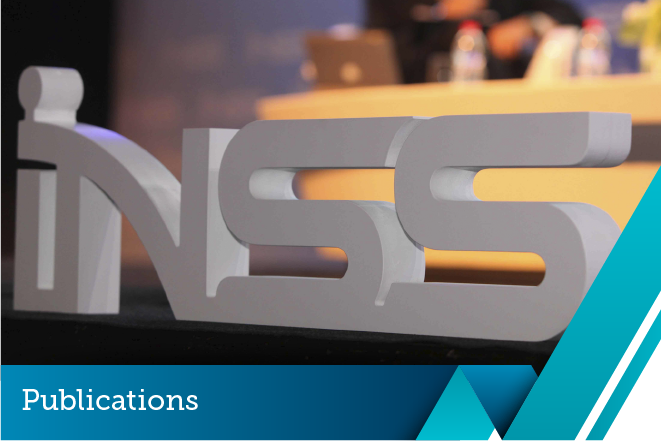Publications
in Negotiating in Times of Conflict, eds. Gilead Sher and Anat Kurz, Tel Aviv: Institute for National Security Studies, 2015

Overcoming socio-psychological barriers entails a long process of persuasion and cognitive change. In other words, society members and leaders must implement a process of mobilization for peacemaking in the same way the process of mobilization for supporting and participating in the conflict was implemented at the conflict’s onset. In both cases, society members matter. The society members themselves initially developed the ideas that led to the conflict’s onset, and they can also develop ideas about the necessity of peacemaking. In both cases they must persuade fellow society members in the “justness” of the proposed path. Thus any analysis of intractable conflicts necessitates the use of a socio-psychological perspective alongside other perspectives. Humans are the decision makers; therefore, the psychological aspects embedded in human characteristics must be addressed in order to change the social context. Addressing the socio-psychological repertoire can assist in the creation of various socialization and mobilization mechanisms for peacemaking and peacebuilding. It is thus of crucial importance to advance knowledge that will shed light on the conditions, contents, and processes that not only lead society members to embark on peacebuilding processes in times of conflicts, but also socialize them to actively prevent the outbreak and maintenance of vicious and destructive conflicts and costly hate cycles.
The opinions expressed in INSS publications are the authors’ alone.
Publication Series Chapters


